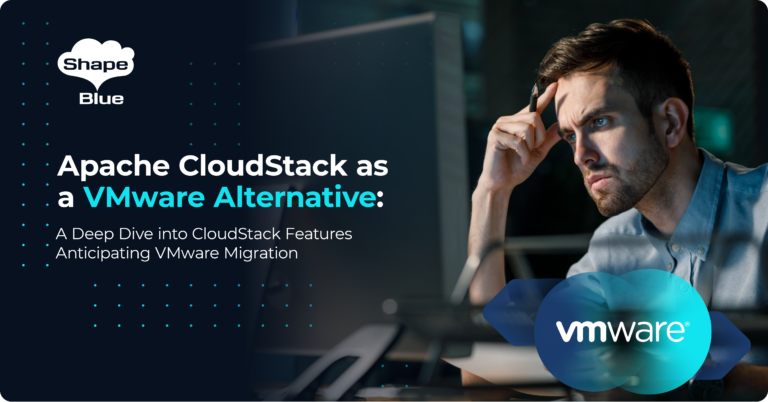Storage Plugin for Dell EMC PowerFlex | CloudStack Feature First Look
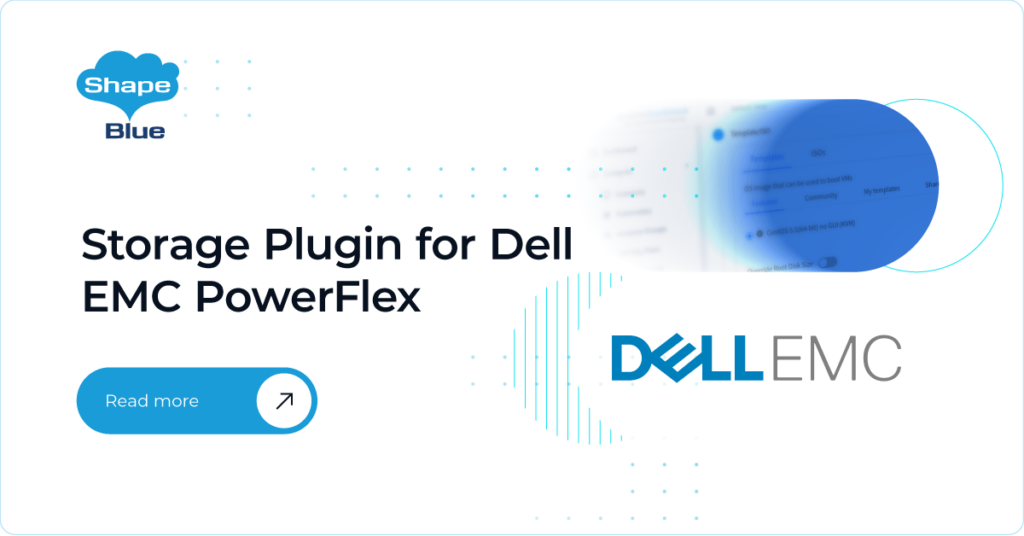
For primary storage, CloudStack supports many managed storage solutions via storage plugins, such as SolidFire, Ceph, Datera, CloudByte and Nexenta. There are other managed storages which CloudStack does not support, one of which is Dell EMC PowerFlex (formerly known as VxFlexOS or ScaleIO). PowerFlex is a distributed shared block storage, like Ceph / RBD storage. […]
XCP-ng 8.2 LTS Support Added to CloudStack
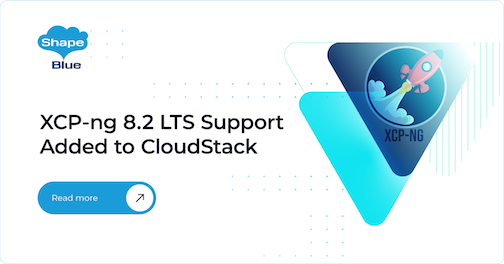
The latest version of XCP-ng – the opensource hypervisor based on XenServer – XCP-ng 8.2 was released in November 2020, and is the first long term support (LTS) version. As such it will receive support and updates for the next 5 years compared to only a year for a standard XCP release. The hypervisor is […]
L2 Persistent Networks and enhancement of Isolated Persistent Networks | CloudStack Feature First Look
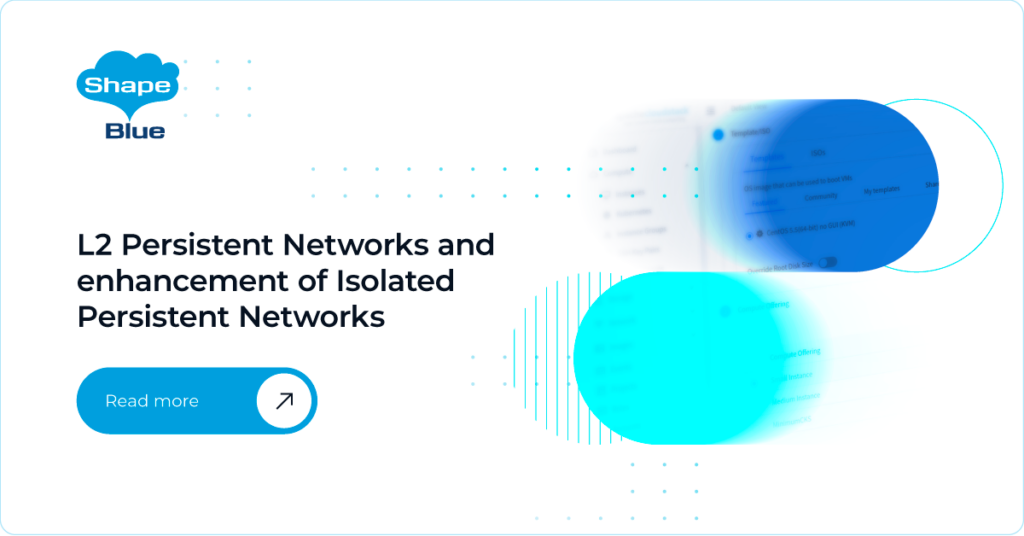
When a network is created in CloudStack, it is by default not provisioned until the first VM is deployed on that network, at which point a a VLAN ID is assigned. Until then, the network exists only as a database entry. If you wanted to create and provision a network without deploying any VMs, you […]
VMware Migration Improvements | CloudStack Feature First Look
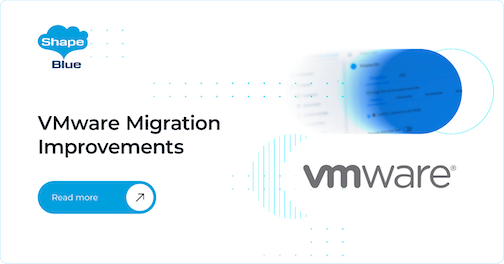
Migration of virtual machines between physical hosts or clusters is essential for cloud operators, allowing them to perform maintenance with little or no downtime, or balance compute and storage resources when necessary. CloudStack supports both live and cold migration (if supported by the hypervisor), and most hypervisors allow VM and volume migration in some form […]
Specify VR IP in Shared Networks | CloudStack Feature First Look

If you are a system engineer managing shared networks and deploying virtual machines with CloudStack, you should be aware that currently there is no option to assign a specific IP address for the Virtual Router. The router is assigned the first free IP address. For many engineers, this might be annoying, as you are not […]
Debian replaces CoreOS as CKS template | CloudStack Feature First Look
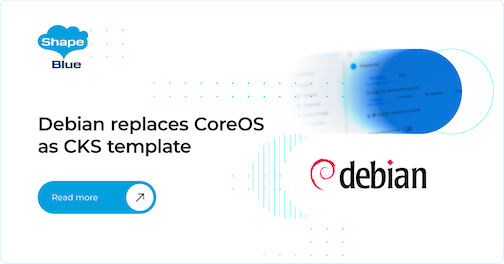
The CloudStack Kubernetes Services (CKS) uses CoreOS templates to deploy Kubernetes clusters. However, as CoreOS reached EOL on May 26th, 2020 we needed to find a suitable replacement meeting the requirements of resilience, security, and popularity in the community. Keeping these requirements in mind, we have chosen to modify the existing Debian-based SystemVM template so […]
CloudStack Kubernetes Service – Cluster Auto-scaling | CloudStack Feature First Look
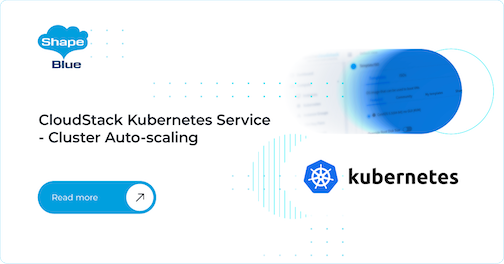
Since the addition of CloudStack Kubernetes Service, users can deploy and manage Kubernetes clusters in CloudStack. This not only makes CloudStack a more versatile and multifaceted application, but also reduces the gap between virtualization and containerization. As with any step in the right direction, it came with a few challenges, and one of them was […]
Role Based Users in Projects | CloudStack Feature First Look

Projects have proven to be a boon in organizing and grouping accounts and resources together, giving users in the same domain the ability to collaborate and share resources such as VMs, snapshots, volumes and IP addresses. However, there is a limitation. Only accounts can be added as members to projects, which can be an issue […]
Dynamic Roles Utility | CloudStack Feature First Look

CloudStack has more than 600 APIs which can be allowed / disallowed in different combinations to create dynamic roles for the users. The aim of this feature is more effective use and management of these dynamic roles, allowing CloudStack users and operators to: Import and export roles (rule definitions) for the purpose of sharing. Create […]
Share ISO from UI | CloudStack Feature First Look

CloudStack supports sharing templates and ISOs between accounts and projects through the API ‘updateTemplatePermissions’ and sharing templates through the UI. However, prior to version 4.15, it was not possible to share ISOs from the UI. This feature introduces support for sharing ISOs through different accounts and / or projects via the UI. With this feature, […]


